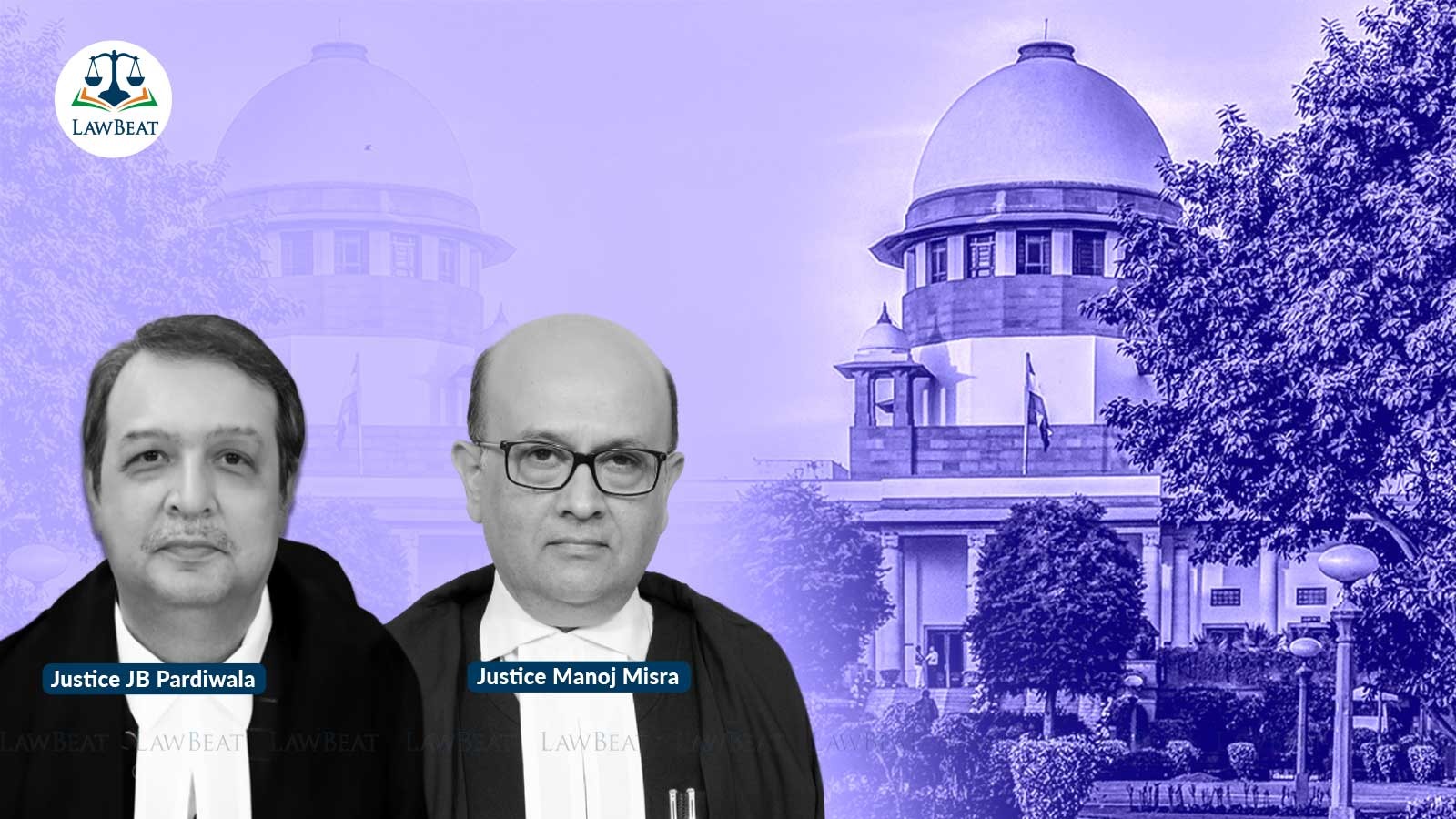Offence under SC/ST Act not established unless there is intention to humiliate: Supreme Court

Top Court has said ‘humiliation’ as it appears in Section 3(1)(r) of the Act, 1989 must be construed, that is, in a way that it deprecates the infliction of humiliation against members of the Scheduled Castes and Scheduled Tribes wherein such humiliation is intricately associated with the caste identity of such members
An offence under Section 3(1)(r) Scheduled Castes and Scheduled Tribes (Prevention of Atrocities) Act, 1989 is not established merely on the fact that the complainant is a member of a Scheduled Caste or a Scheduled Tribe, unless there is an intention to humiliate such a member for the reason that he belongs to such community, the Supreme Court has held.
A division bench of Justices JB Pardiwala and Manoj Misra has added it is not the purport of the Act, 1989 that every act of intentional insult or intimidation meted by a person who is not a member of a Scheduled Caste or Scheduled Tribe to a person who belongs to a Scheduled Caste or Scheduled Tribe would attract Section 3(1)(r) of the Act, 1989 merely because it is committed against a person who happens to be a member of a Scheduled Caste or Scheduled Tribe.
Not every intentional insult or intimidation of a member of a SC/ST community will result into a feeling of caste-based humiliation court has said while adding that, "It is only in those cases where the intentional insult or intimidation takes place either due to the prevailing practice of untouchability or to reinforce the historically entrenched ideas like the superiority of the “upper castes” over the “lower castes/untouchables”, the notions of ‘purity’ and ‘pollution’, etc. that it could be said to be an insult or intimidation of the type envisaged by the Act, 1989.".
Top Court has observed “intent to humiliate” as it appears in Section 3(1)(r) of the Act, 1989 must necessarily be construed in the larger context in which the concept of humiliation of the marginalised groups has been understood by various scholars.
"The Parliament, by way of different legislations, has over the years sought to target humiliation based on different grounds and identities which exist in the society. The Protection of Women from Domestic Violence Act, 2005 seeks to punish humiliation based on gender inequalities by specifically including the term ‘humiliation’ in the definition of “domestic violence”. Similarly, The Sexual Harassment of Women at Workplace (Prevention, Prohibition and Redressal) Act, 2013 includes treatment causing humiliation to a female employee and which may likely affect her health and safety within the definition of sexual harassment....", court has added.
These observations have been made by Supreme Court while granting anticipatory bail to Shajan Skaria, Editor of an online news channel named “Marunandan Malayali”, who had published a video on YouTube, an online video sharing platform, levelling certain allegations against PV Srinijan, MLA of Kunnathunad.
An FIR was lodged by the complainant MLA at the Elamakkara Police Station, District Ernakulam for the offence punishable under Sections 3(1)(r) and 3(1)(u) respectively of the Scheduled Castes and Scheduled Tribes (Prevention of Atrocities) Act, 1989.
The complainant who is a Member of the Kerala Legislative Assembly representing the Kunnathunad constituency, a seat reserved for the members of the Scheduled Castes, aggrieved by the publication of the video, filed a written complaint before the ACP, Central Police Station, Ernakulam alleging inter alia that the video was published by the appellant in order to publicise, abuse and insult the complainant, who is a member of a Scheduled Caste.
Case Title: SHAJAN SKARIA vs. THE STATE OF KERALA & ANR
